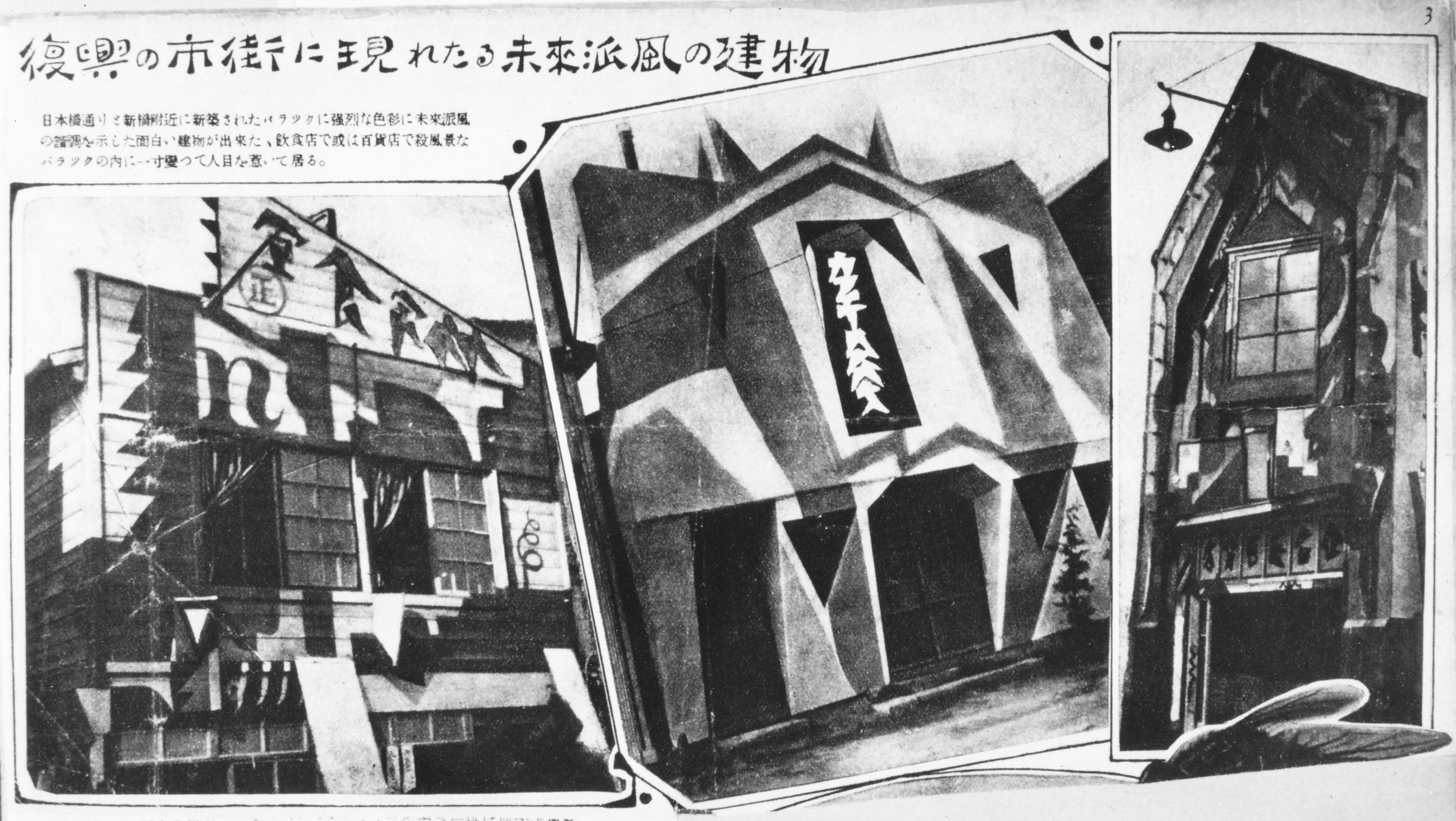Open Call Residency
YEN NOH: THE IM/POSSIBLE AVANT-GARDE: CAN WE TALK ABOUT MAVO?
by
Yen Noh will be opening her residency at Bulegoa z/b with a presentation. Her proposal The Im/possible Avant-garde: Can We Talk About MAVO? was chosen, together with Camino a Far Lands by Oriol Ocaña Mariné, for residency in 2019; members of the jury for which were Iñaki Garmendia (artist), Julia Morandeira (researcher and independent curator) and the members of Bulegoa z/b.
Yen Noh: The Im/possible Avant-Garde: Can We Talk About MAVO?
“We stand at the vanguard, and will eternally stand there. We are not bound. We are radical. We revolutionize/make revolution. We advance. We create. We ceaselessly affirm and negate. We live in all the meanings of words. Nothing can be compared to us.”
[Manifesto by MAVO. In Gennifer Weisenfeld: MAVO: Japanese Artists and the Avant-Garde, 1905-1931. University of California Press, 2002]
Yen Noh’s long-term research project Can We Talk About MAVO? (2016-), which takes various forms and iterations, aims to rethink the Japanese art group MAVO (1923-1926) in relation to the historical avant-garde and contemporary catastrophe. Located in the precarious line between appropriating Western modernism aesthetic in the current of internationalism and performing socially and politically significant actions against conventional forms of art production in the particular condition of the post-earthquake in Japan, MAVO’s role in Japanese art history has been a challenge to look into.
The Im/possible Avant-garde: Can We Talk About MAVO?, which will be carried out during the residency, questions dominant discourses of a comparatist view that enacts the West as a boundary that does not exist prior to comparison. The im/possibility of non-Western avant-gardes has been debated in those terms, whose lack of “originality” is determined by a “universal” historical avant-garde centered in a particular geographical and racial ideology. Looking into MAVO’s “barrack project” carried out in the wake of the calamity of the 1923 Great Kanto earthquake via the angle of Korean poet and architect Yi Sang (1910-1937) during the Japanese colonization of Korea (1910-1945), it aims to invoke the following questions: to what extent is the “originality” of the avant-garde located in the specific condition of modernity, that is of colonization? What emerges when the comparative gaze is displaced by a gaze that reverses the colonial invention and intervention of the Western modernism aesthetic?
Yen Noh (Daegu, 1983) studied at Dutch Art Institute and the University of Applied Arts in Vienna. Her work investigates intimate histories of trauma, upheaval, and freedom during the Japanese colonisation of Korea, unearthing and recreating radical practices of everyday anarchy by those whose history is overlooked and unthought by an imperial/national project. She currently researches the Korean poet and architect Yi Sang and the Japanese art group MAVO as challenging comparatist histories that present non-Western avant-gardes as particular, local and derivative versions of a “universal” historical avant-garde originating from the West.


































